Zebediela dinamuneeeeng!
In another time the name Zebediela would have drawn an animated response from those who knew the place.
Then, the Zebediela Citrus Estate, near the village of the same name in Limpopo, was reputed to be the largest citrus farm in the southern hemisphere.
As the moniker dinamuneng attests, the estate was the largest producer of dinamune (oranges in Northern Sotho) in the country and the pride of the nearby community.
But today the estate is a shadow of its former self and has been for years. However, efforts are being made to return it to its former glory, with a search for an investment injection of R465-million.
In 2003, the estate was transferred to a community-owned enterprise after the land was restored back to 21 communities through the government’s land restitution programme.
It has since been under the ownership and management of the Bjatladi Communal Property Association on behalf of the claimant communities.
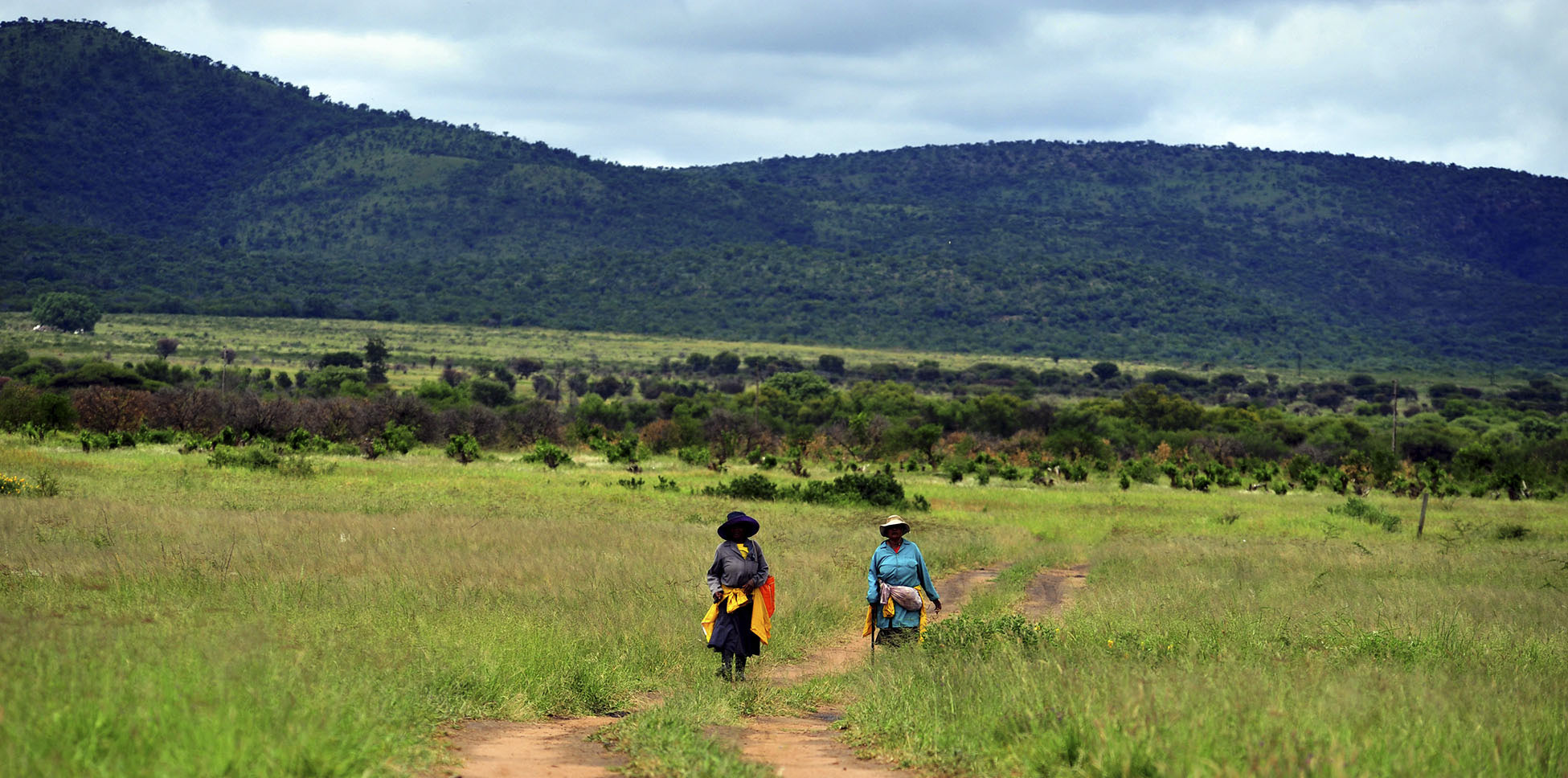 The Zebediela Citrus Estate is a community-owned enterprise. The land was restored back to the 21 communities through government's land restitution programme. The land is held under and managed by Bjatladi Communal Property Association. (Photo: Lucas Lewaba / Mukurukuru Media)
The Zebediela Citrus Estate is a community-owned enterprise. The land was restored back to the 21 communities through government's land restitution programme. The land is held under and managed by Bjatladi Communal Property Association. (Photo: Lucas Lewaba / Mukurukuru Media)
 The Zebediela Citrus Estate faces challenges of ageing infrastructure, which was built and installed over 50 years ago. (Photo: Lucas Ledwaba / Mukurukuru Media)
The Zebediela Citrus Estate faces challenges of ageing infrastructure, which was built and installed over 50 years ago. (Photo: Lucas Ledwaba / Mukurukuru Media)
In its prime the estate boasted more than 3,000 hectares of planted citrus. But over the years it has fallen on hard times as a result of a lack of investment, failed joint ventures and alleged mismanagement, which resulted in unpaid electricity bills, late payment of workers and a drastic cut in labour and production.
A status report on the estate by Limpopo’s agriculture and rural development department notes “limited investment” in the farm over the past 30 years. More than 80% of the orchards on the estate are older than 30 years, it said, while the packhouse dates back 50 years and uses a rope-and-roller sorting system with manual classification.
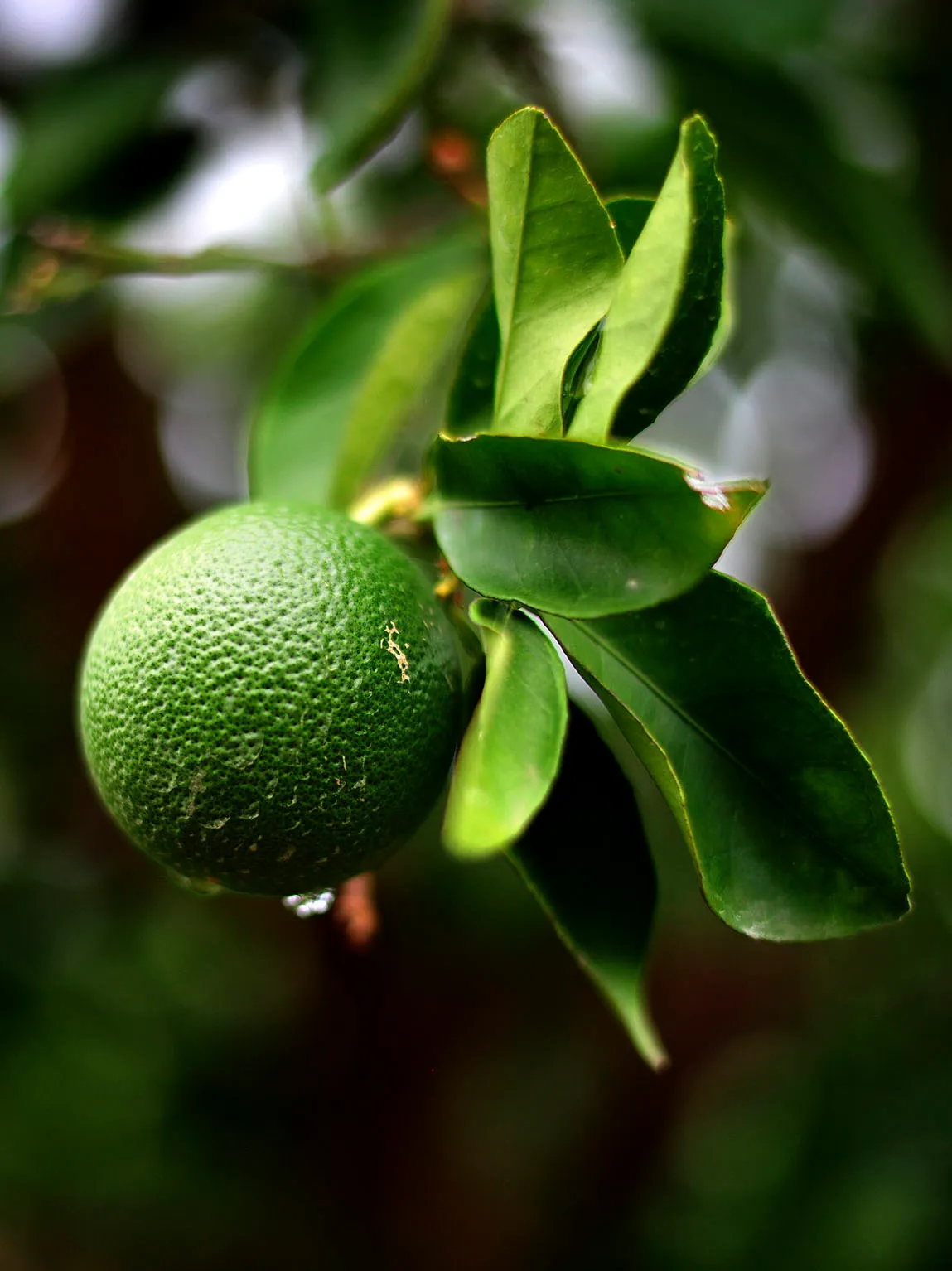 The revitalisation of the Zebediela Citrus Estate is expected to increase the yields from 30 to than 66 tons per hectare and will include macadamia nuts development. (Photo: Lucas Ledwaba / Mukurukuru Media)
The revitalisation of the Zebediela Citrus Estate is expected to increase the yields from 30 to than 66 tons per hectare and will include macadamia nuts development. (Photo: Lucas Ledwaba / Mukurukuru Media)
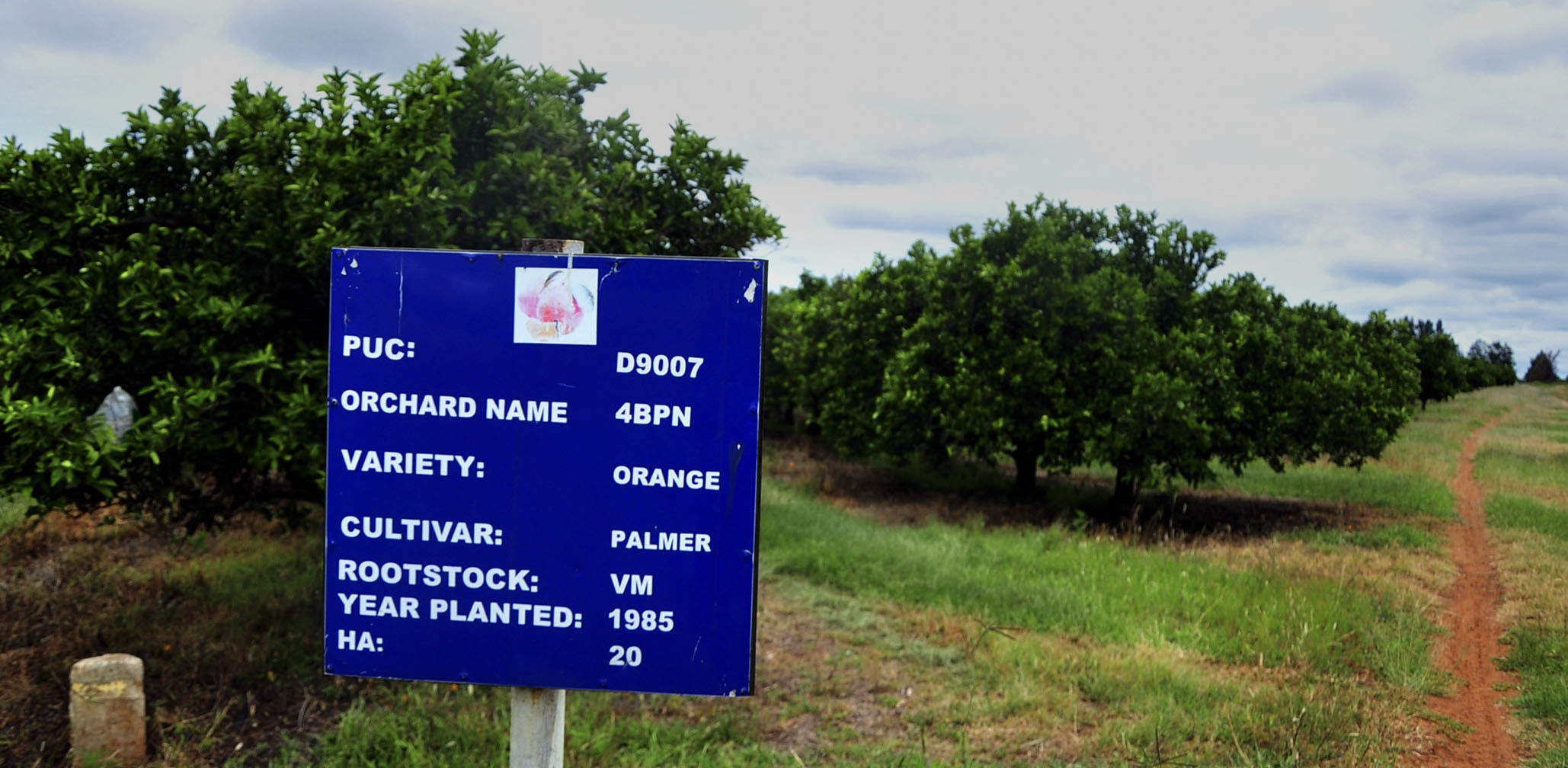 Some of the orchards at the Zebediela Citrus Estate were planted over 30 years ago and are deemed to be less productive as a result of their age. (Photo: Lucas Ledwaba / Mukurukuru Media)
Some of the orchards at the Zebediela Citrus Estate were planted over 30 years ago and are deemed to be less productive as a result of their age. (Photo: Lucas Ledwaba / Mukurukuru Media)
“The dual challenge of low yields from old trees and inefficient sorting and classification from an outdated packhouse is exacerbated by ageing infrastructure and irrigation systems.”
The department estimates R465-million in capital will be needed to redevelop the estate. This “requires private investment and partnerships since the government alone cannot afford it, even in the medium to long term. The outcome of the revitalisation programme would be an estate with 734ha of citrus, a modern-technology packhouse, efficient electricity infrastructure and a sustainable water source.”
The department said various funding options have been explored to implement the business plan, including a submission to the Presidency Infrastructure Programme. The department was also engaging with the Industrial Development Corporation (IDC) to help with the revitalisation.
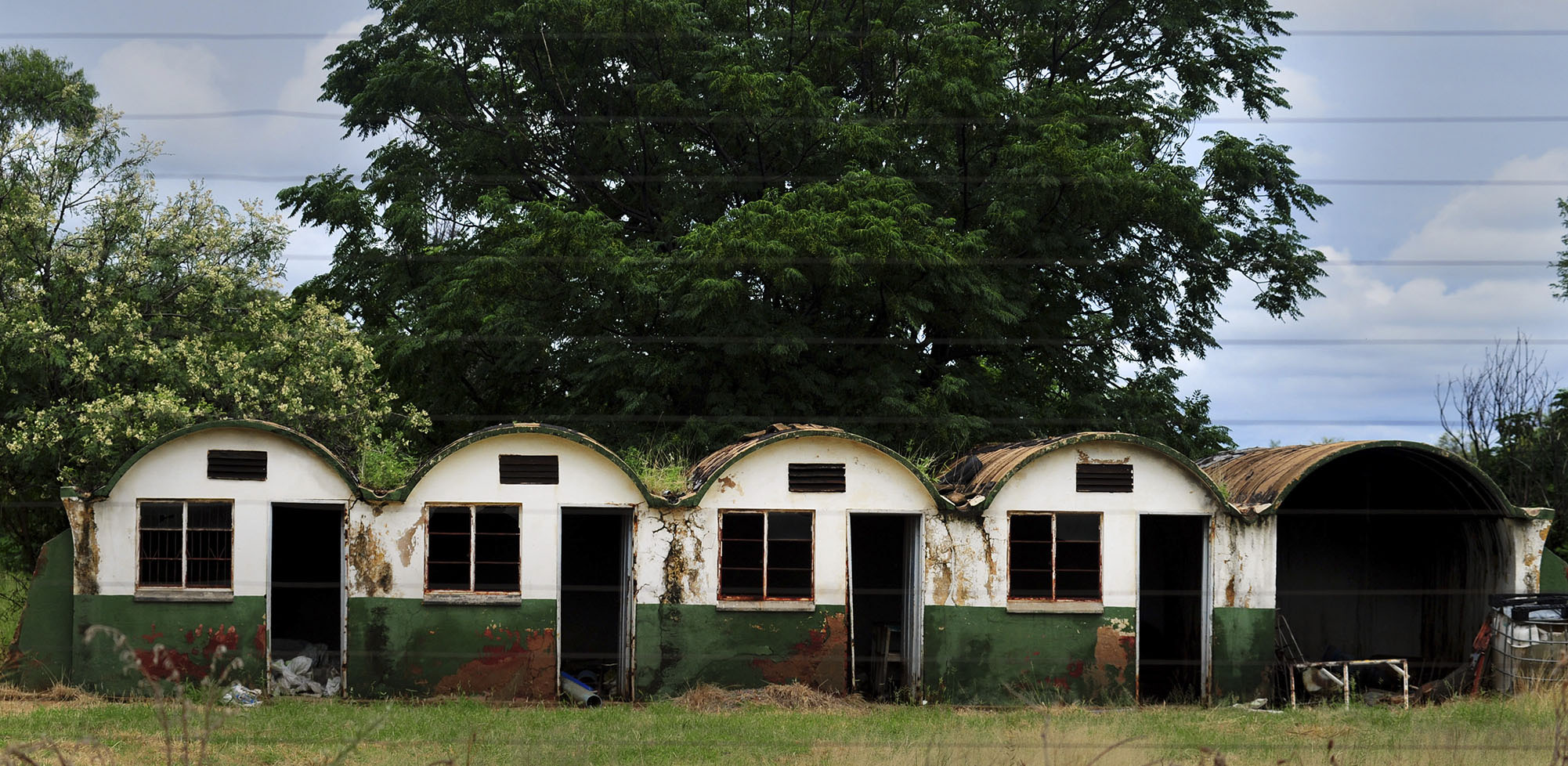 The old workers' living quarters at the Zebediela Citrus Estate testify to the fact that it's been around for ages and is in dire need of a revitalisation. (Photo: Lucas Ledwaba / Mukurukuru Media)
The old workers' living quarters at the Zebediela Citrus Estate testify to the fact that it's been around for ages and is in dire need of a revitalisation. (Photo: Lucas Ledwaba / Mukurukuru Media)
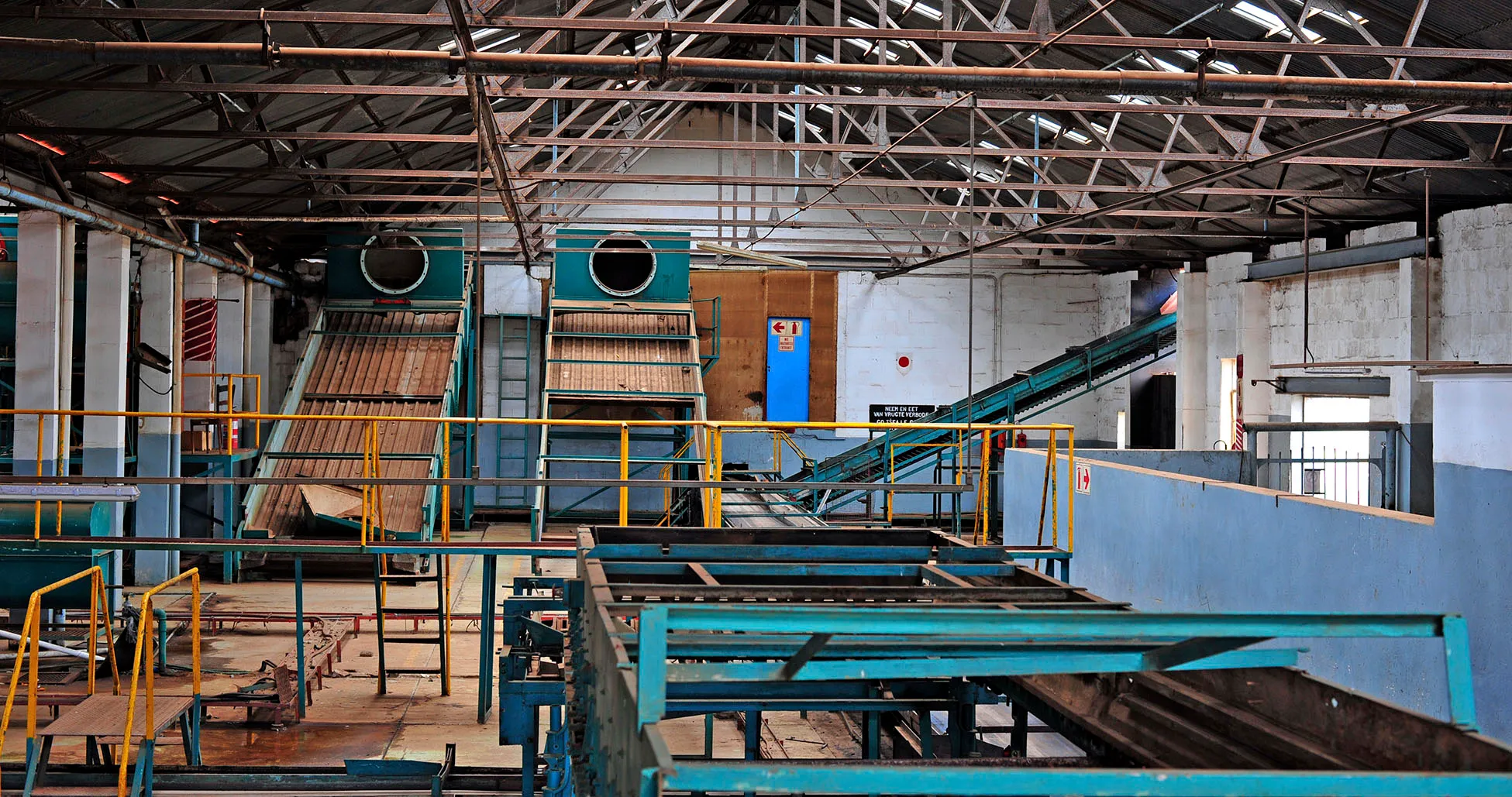 The packhouse on the estate dates back 50 years and uses a rope-and-roller sorting system with manual classification. (Photo: Lucas Ledwaba / Mukurukuru Media)
The packhouse on the estate dates back 50 years and uses a rope-and-roller sorting system with manual classification. (Photo: Lucas Ledwaba / Mukurukuru Media)
It was envisaged that, through partnership funding from the government, the IDC and private investors, the estate would be “recapitalised and operated in a financially sustainable manner”.
On Tuesday, 15 December, a team from the Presidency toured the estate as part of a fact-finding mission to save the farm. While the farm is still in operation, albeit on a smaller scale, the tour exposed the sad reality that it is fighting for survival.
The infrastructure from irrigation pipes and dams, the packing, sorting and storage houses, workers’ compounds and some orchards, are old and rotten. The few remaining workers have an air of despair.
 The Zebediela Citrus Estate faces challenges ranging from a low yield from old trees and ageing infrastructure and irrigation systems. (Photo: Lucas Ledwaba / Mukurukuru Media)
The Zebediela Citrus Estate faces challenges ranging from a low yield from old trees and ageing infrastructure and irrigation systems. (Photo: Lucas Ledwaba / Mukurukuru Media)
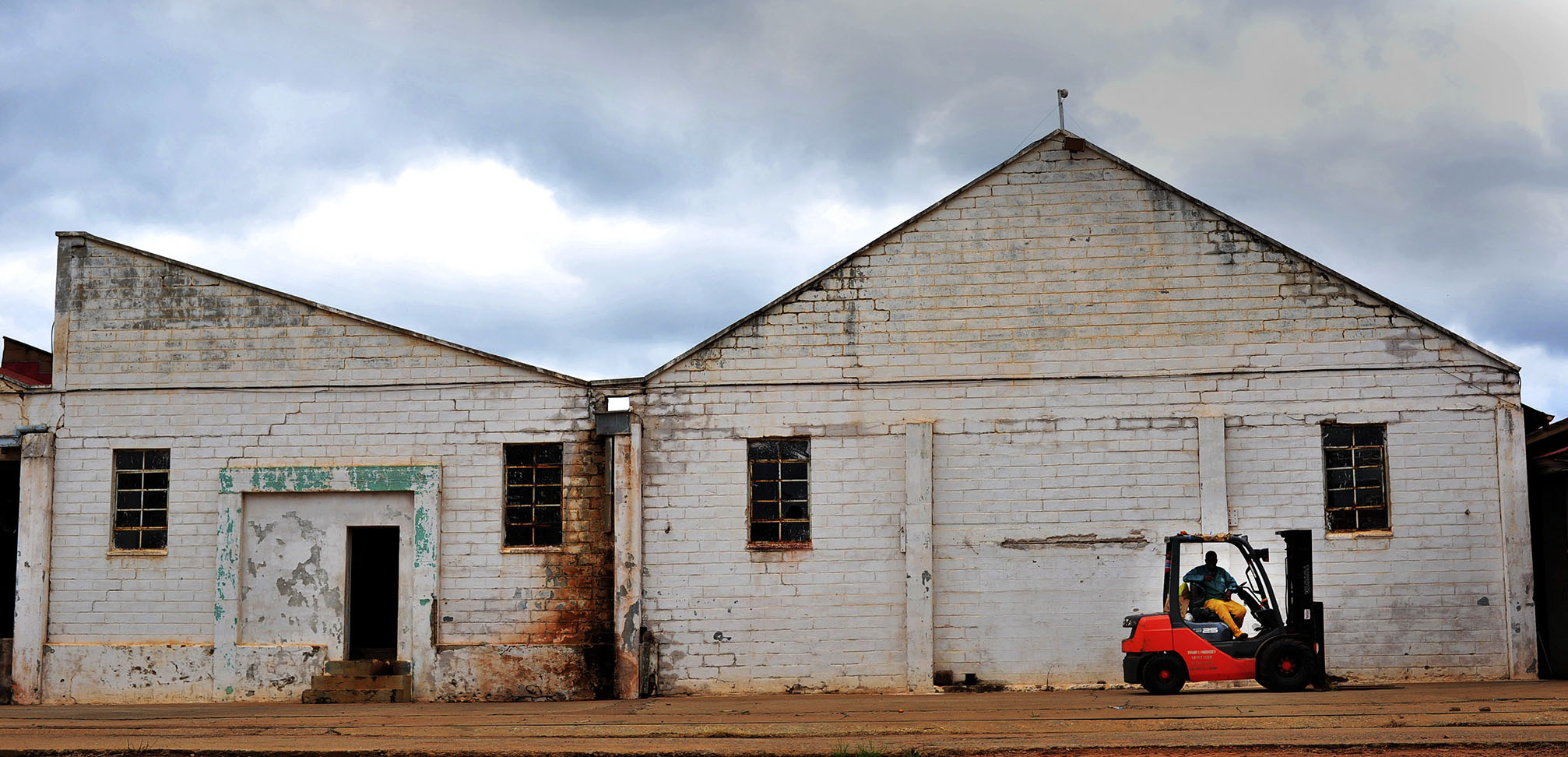 It is expected that export cartons from the estate will increase from just more than 700,000 to more than 2 million. Revenue will grow 13% per annum and profit per hectare will grow by 35% per annum between 2021 and 2034. It is estimated that additional 500 jobs would be created. (Photo: Lucas Ledwaba / Mukurukuru Media)
It is expected that export cartons from the estate will increase from just more than 700,000 to more than 2 million. Revenue will grow 13% per annum and profit per hectare will grow by 35% per annum between 2021 and 2034. It is estimated that additional 500 jobs would be created. (Photo: Lucas Ledwaba / Mukurukuru Media)
The department said it had initially set aside R10-million to upgrade water sources and electricity distribution, but the money had been used to address the Covid-19 pandemic, as directed.
If the plans eventually bear fruit the Zebediela Citrus Estate could well reclaim its glory as the capital of dinamuneng! DM/MC




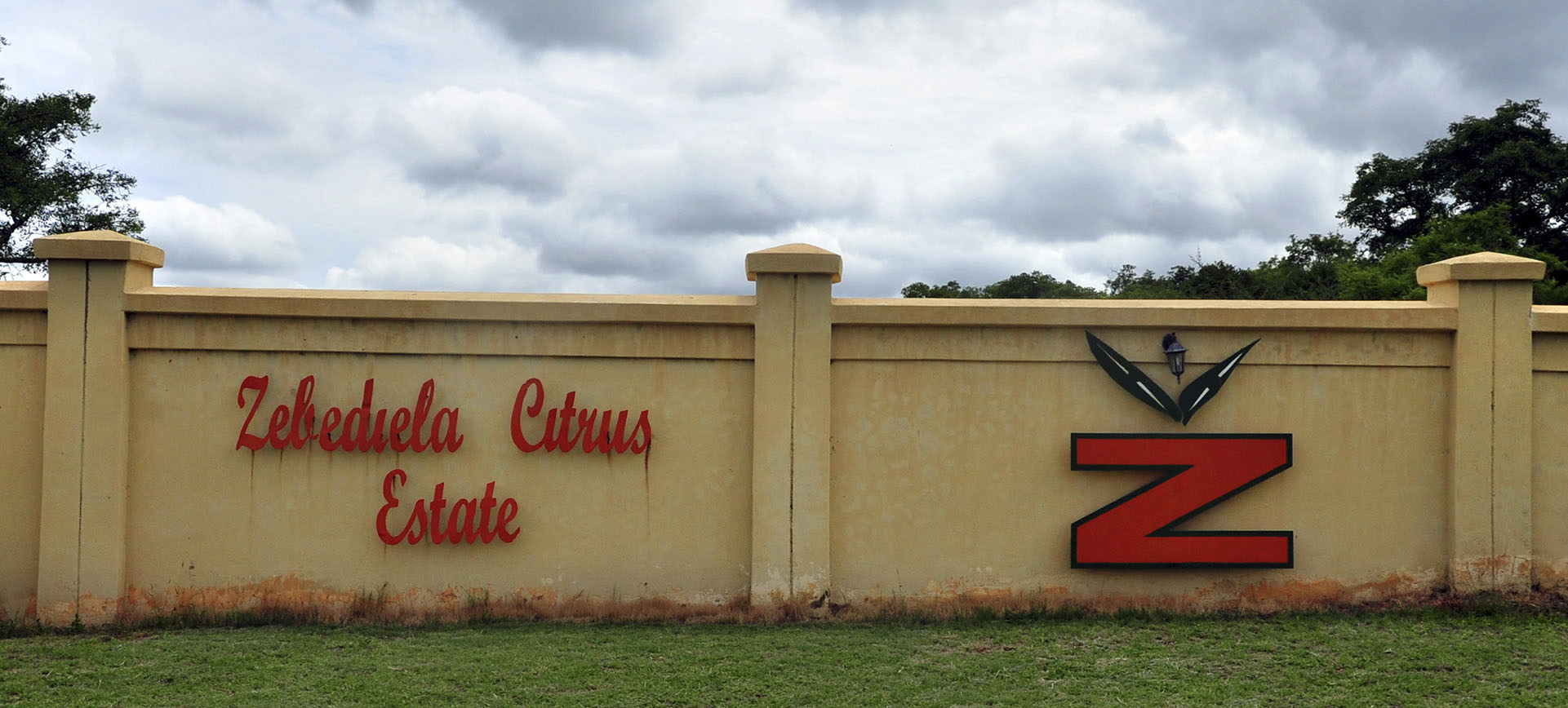 It is expected that export cartons from the estate will increase from just more than 700,000 to more than 2 million. Revenue will grow 13% per annum and profit per hectare will grow by 35% per annum between 2021 and 2034. It is estimated that additional 500 jobs would be created. (Photo: Lucas Ledwaba / Mukurukuru Media)
It is expected that export cartons from the estate will increase from just more than 700,000 to more than 2 million. Revenue will grow 13% per annum and profit per hectare will grow by 35% per annum between 2021 and 2034. It is estimated that additional 500 jobs would be created. (Photo: Lucas Ledwaba / Mukurukuru Media) 